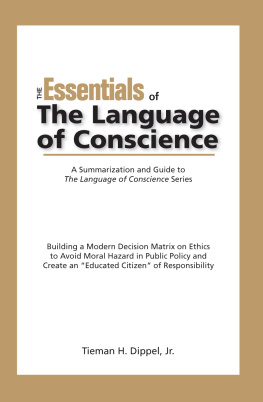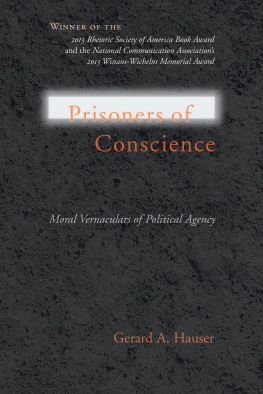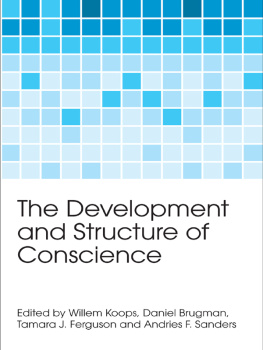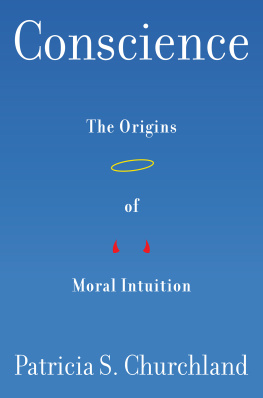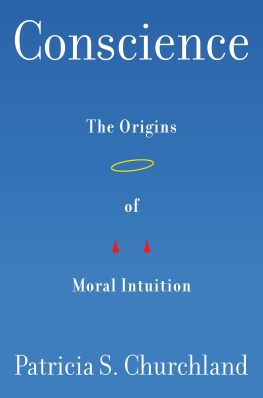Kimberley Brownlee - Conscience and Conviction: The Case for Civil Disobedience
Here you can read online Kimberley Brownlee - Conscience and Conviction: The Case for Civil Disobedience full text of the book (entire story) in english for free. Download pdf and epub, get meaning, cover and reviews about this ebook. year: 2012, publisher: Oxford University Press, genre: Politics. Description of the work, (preface) as well as reviews are available. Best literature library LitArk.com created for fans of good reading and offers a wide selection of genres:
Romance novel
Science fiction
Adventure
Detective
Science
History
Home and family
Prose
Art
Politics
Computer
Non-fiction
Religion
Business
Children
Humor
Choose a favorite category and find really read worthwhile books. Enjoy immersion in the world of imagination, feel the emotions of the characters or learn something new for yourself, make an fascinating discovery.

- Book:Conscience and Conviction: The Case for Civil Disobedience
- Author:
- Publisher:Oxford University Press
- Genre:
- Year:2012
- Rating:4 / 5
- Favourites:Add to favourites
- Your mark:
Conscience and Conviction: The Case for Civil Disobedience: summary, description and annotation
We offer to read an annotation, description, summary or preface (depends on what the author of the book "Conscience and Conviction: The Case for Civil Disobedience" wrote himself). If you haven't found the necessary information about the book — write in the comments, we will try to find it.
Part I focuses on the morality of conscience and conscientiousness. These are two comparatively neglected concepts in contemporary moral and legal theory, though they are central to practical debates about the ethics of war, healthcare, and political participation, among others. The book disambiguates the descriptive notion of conscientiousness as sincere conviction from the evaluative notion of conscience as genuine moral responsiveness. This gives rise to a communicative principle of conscientiousness (CPC), according to which sincere moral conviction requires not only that we act consistently with our beliefs and make universal moral judgements, but also that we not seek to evade the consequences of doing so and be willing to communicate our convictions to others.
The CPC informs the ensuing discussion of persons rights and duties within a liberal democracy. In contrast with standard liberal theorizing, the book shows that people who engage in the communicative practice of suitably constrained civil disobedience have a better claim to a moral right to conscientious action than do people who engage in non-communicative, private, or evasive conscientious objection.
Part II argues that civil disobedience is generally more defensible than personal disobedience. The book explores two putative legal defences - a demands-of-conviction defence and a necessity defence - and argues that each applies more readily to civil disobedience than to personal disobedience. The book responds to concerns about strategic-action, democracy, competition of values, and proportionality, all of which disregard the communicative nature of sincere conviction and underestimate the capacity of democratic law to recognise the legitimacy and importance of values other than literal compliance with the law.
The book concludes by highlighting a parallel between the communicative aims of civil disobedience and the communicative aims of lawful punishment. Only the former may claim to have dialogue ambitions, which raises difficulties for the justifiability of punishing civil disobedience.
Oxford Legal Philosophy publishes the best new work in philosophically-oriented legal theory. It commissions and solicits monographs in all branches of the subject, including works on philosophical issues in all areas of public and private law, and in the national, transnational, and international realms; studies of the nature of law, legal institutions, and legal reasoning; treatments of problems in political morality as they bear on law; and explorations in the nature and development of legal philosophy itself. The series represents diverse traditions of thought but always with an emphasis on rigour and originality. It sets the standard in contemporary jurisprudence.
Kimberley Brownlee: author's other books
Who wrote Conscience and Conviction: The Case for Civil Disobedience? Find out the surname, the name of the author of the book and a list of all author's works by series.




